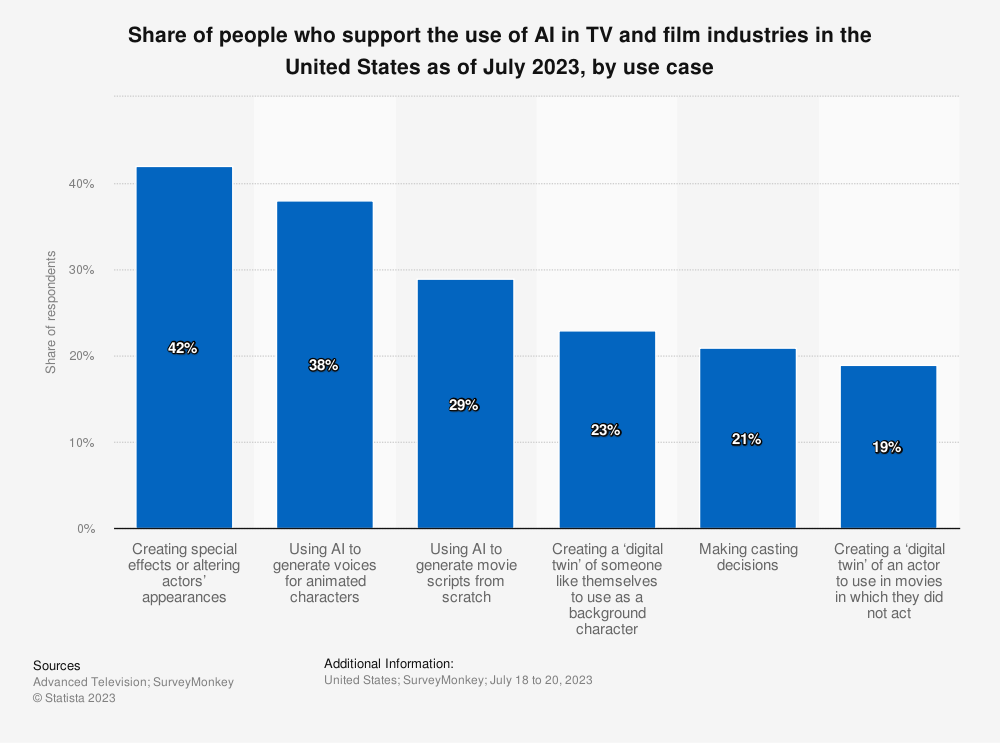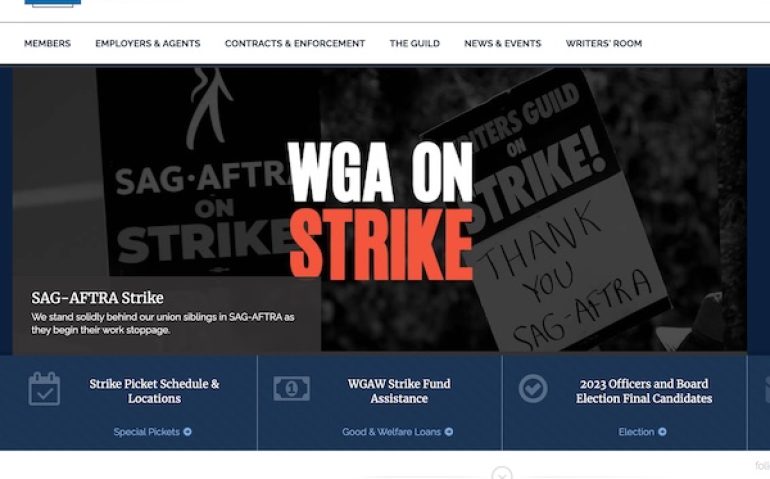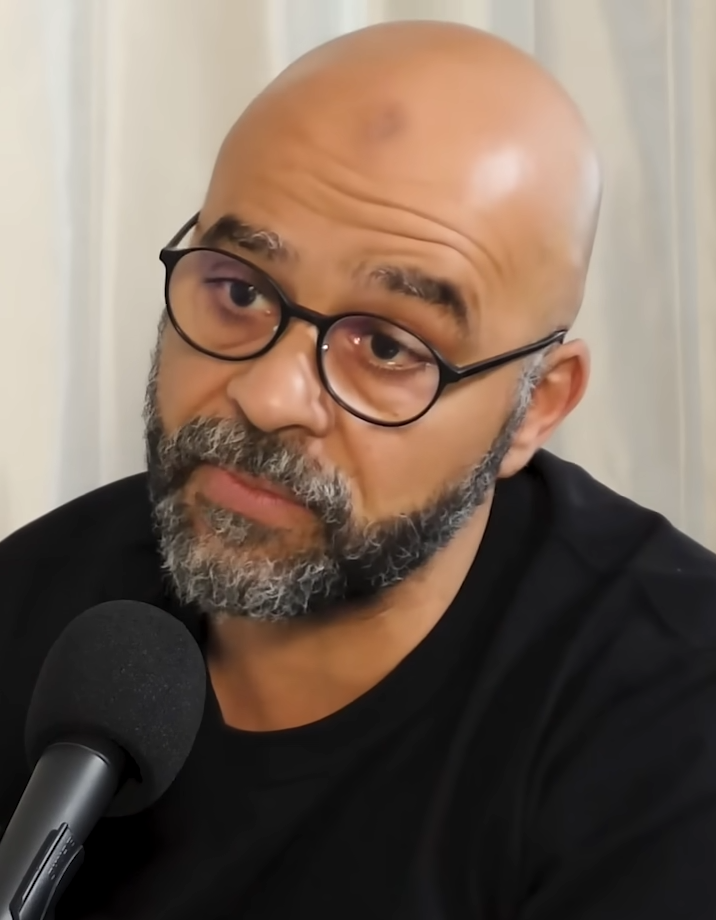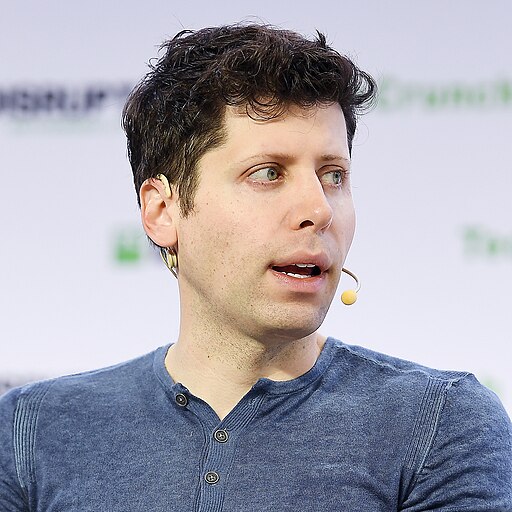Artificial Intelligence (AI) continues to make profound strides in numerous sectors, and the U.S. TV and film industries are no exception. However, the growing use of AI in these sectors has stirred a debate, as revealed by a study conducted in July 2023. The study illuminated public perspectives and industry professional viewpoints on AI’s place in these industries, highlighting its influence on the ongoing Writer’s Guild of America (WGA) and Screen Actors Guild (SAG-AFTRA) strikes.
According to the study, 42% of respondents supported using AI for creating special effects or altering actors’ appearances, making it the most accepted AI application. Coming in at a close second, 38% of respondents endorsed the use of AI in generating voices for animated characters.
The current trend of AI in these industries has sparked a contentious debate, reflected in the ongoing strikes by WGA and SAG-AFTRA. As Hollywood has been forced into a shutdown due to these strikes, Americans have been prompted to learn more about how AI could potentially impact their jobs. Interestingly, the survey indicates that the delay in their favorite shows and upcoming movies due to the strikes hasn’t significantly affected their views on AI implementation in the film and TV sectors.
While the above use cases of AI find favor with audiences, specific applications have not been as warmly received. For instance, only 29% of respondents supported AI’s use to generate movie scripts from scratch. Even fewer, 23% and 21% respectively, backed the idea of creating a ‘digital twin’ of themselves for background character use or employing AI for casting decisions.
Perhaps most contentiously, creating a ‘digital twin’ of an actor to use in movies where they did not participate gathered a 19% approval rate. This particular use of AI has the potential to blur the lines of creative control and rights, fueling further debates within the industry.

As the tussle between AI’s promising potential and the fears over its misuse continues, the role of AI remains a focal point of the ongoing writers’ strike. The entertainment industry professionals agree that this topic deserves significant attention.
As the industry grapples with AI’s new challenges and opportunities, fostering a dialogue that recognizes and respects the diverse viewpoints of all involved will be crucial. As demonstrated by the study, AI can potentially be a transformative tool for the TV and film industries. Still, the route to widespread acceptance may be as intricate as the technology.
Impact of Writer’s Guild of America strike on Major Television Events
The ongoing Writer’s Guild of America (WGA) and Screen Actors Guild (SAG-AFTRA) strikes have significantly disrupted the landscape of the TV and film industries. Several high-profile award ceremonies and television events have been directly impacted, reflecting the far-reaching implications of the strikes.
- The 6th Television Academy Honors was the first to feel the brunt of the strikes, with the Academy of Television Arts & Sciences canceling the ceremony outright.
- The 39th TCA Awards avoided outright cancellation but had to modify their plans significantly. The ceremony was held virtually, and the media tour preceding the ceremony was canceled.
- The 49th AFI Life Achievement Award tribute for Nicole Kidman on TNT was another casualty of the strikes. The American Film Institute has indefinitely postponed the ceremony.
- The National Academy of Television Arts and Sciences also postponed the 50th Daytime Emmy Awards on CBS.
- The 76th Tony Awards on CBS underwent a significant transformation in light of the strike. The televised ceremony was modified by WGA requests, which notably included not having a script.
- The 83rd Peabody Awards joined the ranks of events feeling the heat of the strike, with the in-person ceremony being canceled.
- The 2023 ESPY Awards on ABC were not exempted from the disruption, deciding to proceed without a host for the first time.
- In a dramatic turn of events, the 2023 MTV Movie & TV Awards had their televised in-person ceremony canceled after host Drew Barrymore and other presenters withdrew in solidarity with the strike. The event was replaced by a broadcast-only virtual ceremony without a host.
- The BET Awards 2023 also had to proceed without a host, and all speeches were impromptu, highlighting the absence of writers working on the ceremony.
- Lastly, while Ted Sarandos was to be honored with PEN America’s Business Visionary Award, the event has been modified. Lorne Michaels, however, will still be presented with the PEN/Audible Literary Service Award.
In the shadow of the WGA and SAG-AFTRA strikes, these changes to the television industry’s annual highlight events mark a significant shift. As the strikes continue to affect various sectors of the industry, the question remains as to how these disruptions will shape the future of TV and film.







